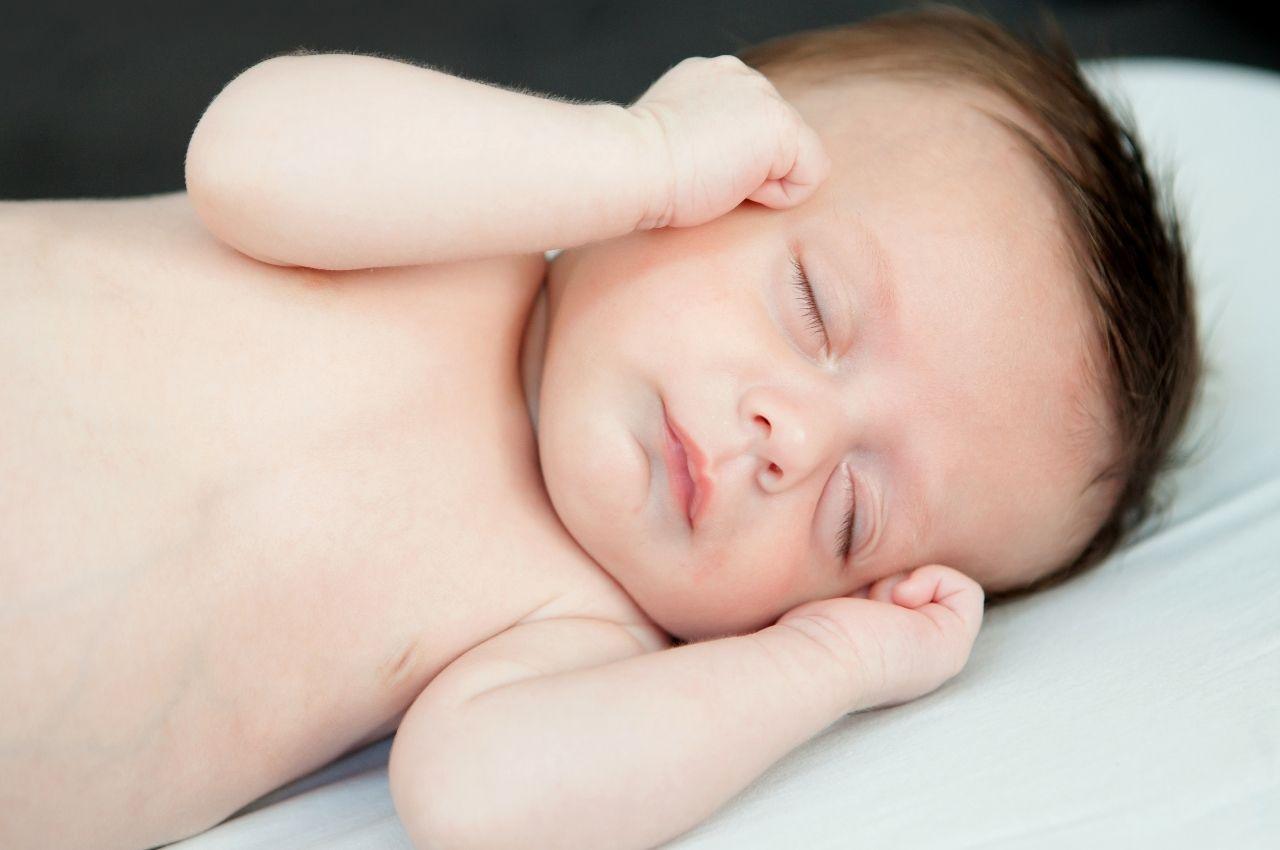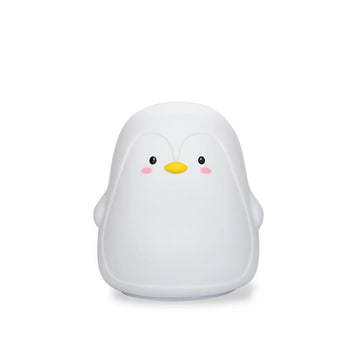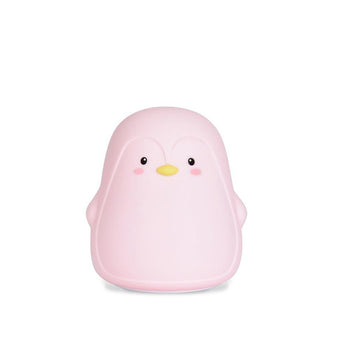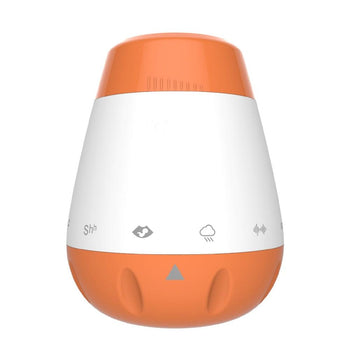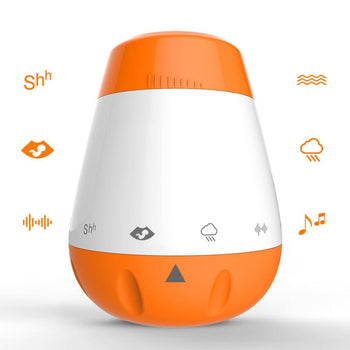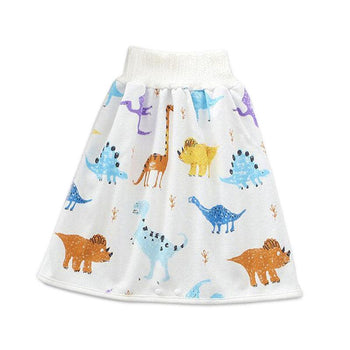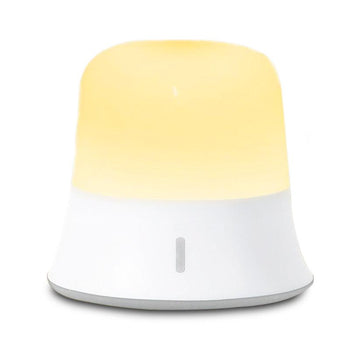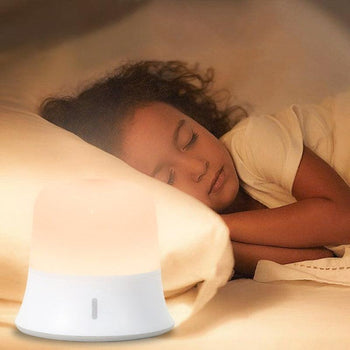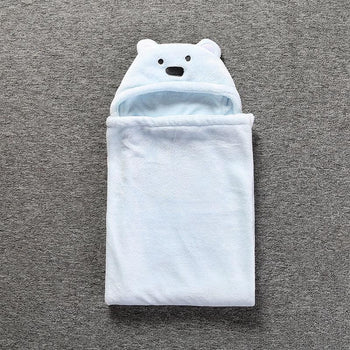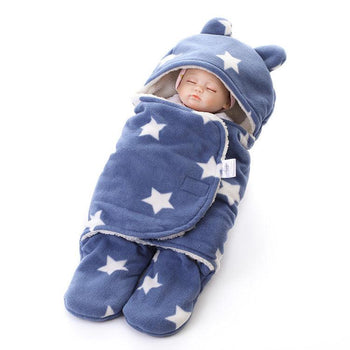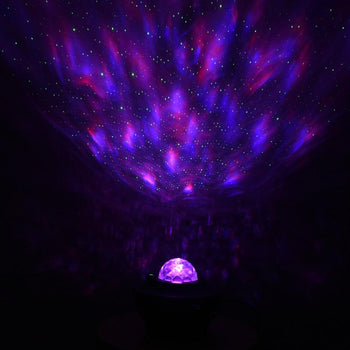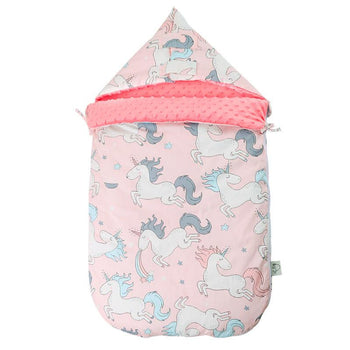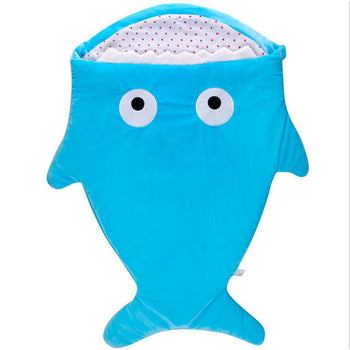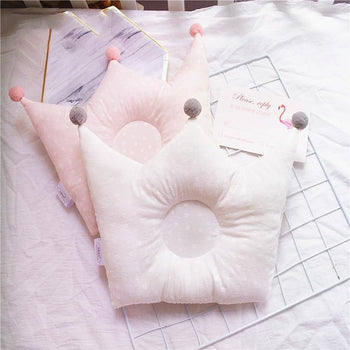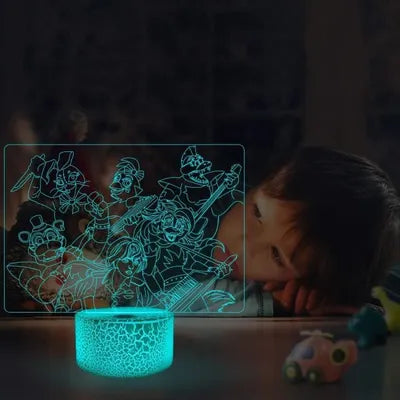Have you ever wondered what your baby dreams of when he sleeps? Perhaps you are wondering if we will ever know what babies dream of, or even if they dream at all?
Given the mysterious nature of dreams and how little we know about how a newborn's brain processes information, it all remains a mystery.
However, if you see your child's eyelids fluttering, they may be having an active dream. Therefore, it's hard not to wonder what's going through their heads as they grow and consume more knowledge every day.
Before words, there were dreams.
From what we know about the sleep cycles of newborns, it seems that if they dream, the first two weeks of life are when they dream the most. This is due to the time they spend sleeping in "Rapid Eye Movement" (MOR in French, REM) also known as REM sleep.
When the body is totally relaxed and the brain is active, it is called the REM period. This is also the stage where you start dreaming.
Adults spend about 20% of their sleep time in REM sleep. Newborns spend about half of their sleep time in this state. That's why newborns are thought to dream more than the rest of us. However, just because older children and adults are known to dream primarily during REM sleep, doesn't mean infants do too.
Neuroscientists agree that children must have developed the ability to imagine things for dreams to occur. In other words, they must be able to create visually and spatially in order to have a dream experience similar to ours.
That's why it's only when a baby starts talking that we can understand what's really going on when he sleeps. He must be able to put into words the intimate world of his dreams.
The circadian rhythm of babies
Newborn sleep has no fixed circadian rhythm. A baby's sleep period is about half that of an adult. Short periods of sleep provide regular feeding and control for a hungry baby. This reduces the risk of Sudden Infant Death Syndrome (SIDS).
Melatonin is a hormone responsible for drowsiness that affects baby's sleep patterns before birth. Circadian rhythms, on the other hand, do not develop until the first days of life outside the womb.
When babies are used to sleeping through the night, the time they spend in REM state decreases and they have longer periods of deep sleep.
The importance of baby sleep
Sleep helps your baby's brain develop and process information throughout the first weeks and months of life. Sleep, at any age, aids in memory consolidation, allowing us to incorporate our memories and expand our knowledge.
As babies go through an intense period of processing information about the world, the value of sleep cannot be overstated.
When you hear sighs and grunts or see their eyelids fluttering, you can't tell what your child is dreaming about, or even if they are dreaming. However, you now know that even when he sleeps, his brain is still very active.
Do you want baby to sleep through the night?
In this free guide , you'll discover 5 things you absolutely need to know.


